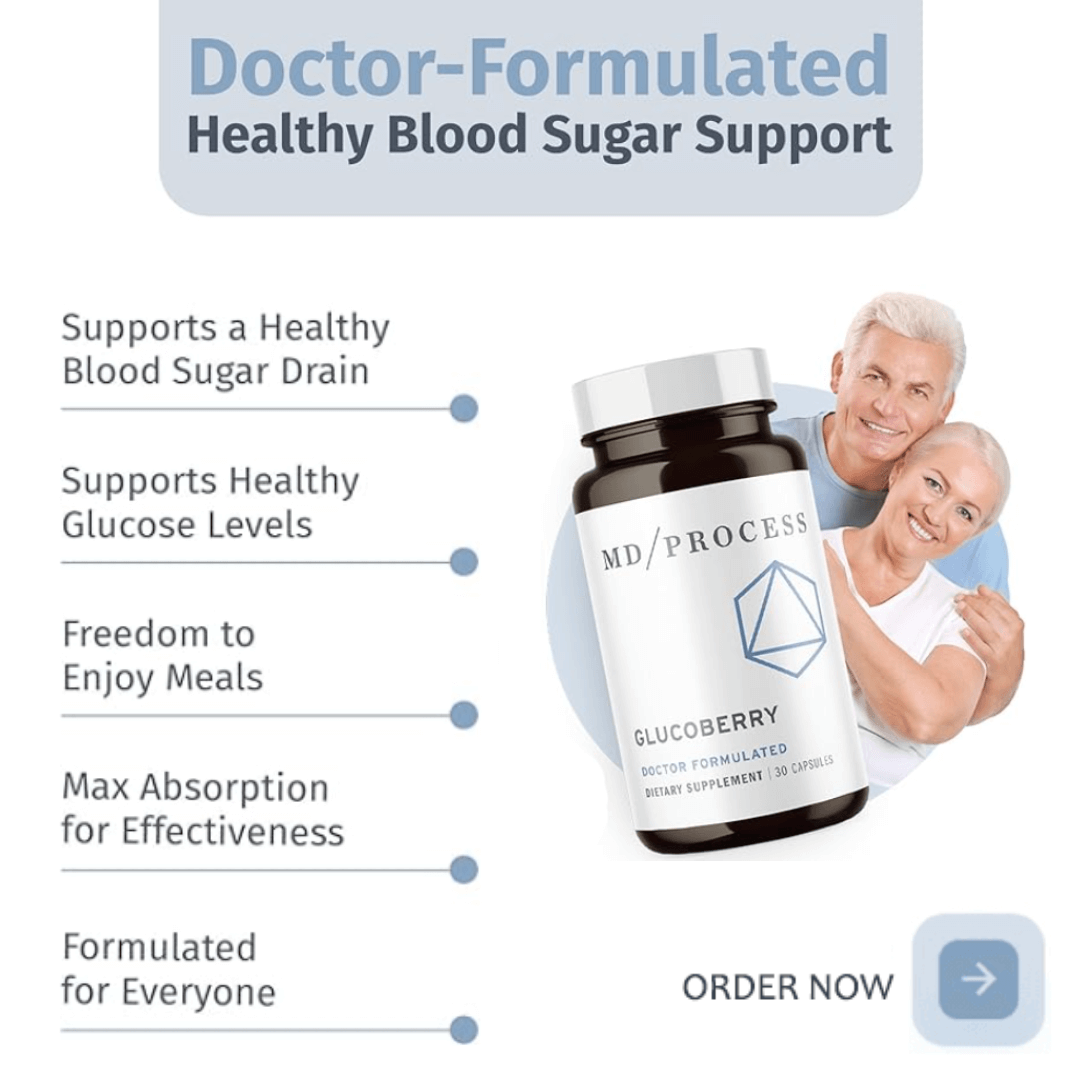2 days ago
Alberta Health Services (AHS) has issued a warning to Calgarians that a person with lab-confirmed measles was in public settings in the city while contagious.
Residents who were in the same locations as the infected individual between Dec. 11 and Dec. 17 may have been exposed, AHS says.
The locations and dates are:
AHS says anyone who was present at these locations at the times listed who was born in or after 1970, and has fewer than two documented doses of measles-containing vaccine, is at risk for developing measles. Measles is highly communicable in indoor spaces.
Exposed people who are pregnant, under one year of age, or have a weakened immune system are at greatest risk and should contact Health Link at 811 as they may be eligible for medication to reduce the risk of developing measles, AHS says.
Anyone who attended these locations at these times is strongly encouraged to review their immunization records and monitor themselves for symptoms of measles.
Measles symptoms include a fever of 38.3 C or higher, as well as a cough, runny nose and/or red eyes; and a red blotchy rash that appears three to seven days after the fever starts, beginning behind the ears and on the face and spreading down the body and then to the arms and legs.
'A nasty bug'
Craig Jenne is a professor in the department of microbiology, immunology and infectious diseases at the University of Calgary.
He says public exposure to measles is a relatively rare event, and it's one that comes with some risk.
"In particular, when we see a traveller coming into a city that has been on a plane during an infectious stage, there is a possibility that the virus has spread to perhaps others on the plane or, in this case, other public venues in the city where the infected person may have visited," Jenne told CBC News.
Jenne says measles is one of the most infectious viruses there is when it comes to human transmission. It can linger in the air for hours after an infected person has left the room and it only takes a very small number of viral particles for someone to become infected.
"This is a nasty bug as far as infectious diseases go. The good news is, if you're vaccinated, the vaccines are highly effective and they provide fantastic protection," he said.
Jenne says measles was — for the most part — eliminated in Canada, but in the last few years there has been a resurgence, and this year there was a large outbreak in New Brunswick.
"That was again tied to a traveller who entered the province on a plane and there was some confirmed viral spread. Last year, we had an outbreak in Ontario and actually lost two children to measles," he said.
Because the virus is so infectious, in order to achieve herd immunity or a community-based immune defence, Jenne says vaccine rates need to be over 95 per cent. He adds that, in most of Alberta, rates are not even close to that, with some areas of the province as low as 40 per cent fully vaccinated for measles.
"So there is a risk here that we do not have the level of protection in the community to stop this spread within public spaces," said Jenne.
"As we've seen across the country, and in Alberta in particular, vaccine rates have continued to drop."
If symptoms of measles do develop, AHS advises individuals to stay home and call Health Link before visiting any health-care facility or provider, including a family physician clinic or pharmacy.







